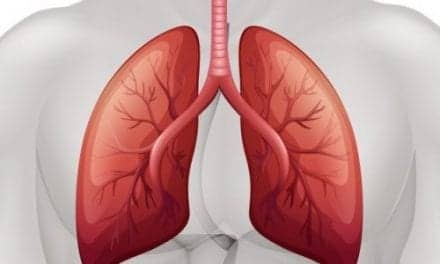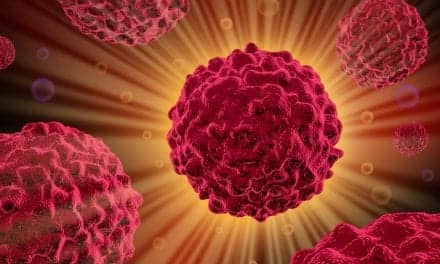The National Institute of Health’s National Cancer Institute (NCI) has awarded a grant to a multidisciplinary team of disease and research experts developing a mathematical model to predict and demonstrate autophagy in lung cancer. According to Lung Disease News, the model can potentially be used in discovering and advancing new anti-cancer treatments. The R01 grant was given based on a previously conceptualized mathematical model. The research team is headed by Jeffrey MacKeigan, PhD, along with William Hlavacek, PhD.
“Cancer biology is extremely complicated. To see the whole picture, we need to collaborate with experts in other fields,” MacKeigan said. “Expanding our existing model will give us an important tool for better understanding and better combating one of the most common and deadliest forms of lung cancer.”
MacKeigan’s team in Grand Rapids will be leading the experimental research aspect of the project and will be in close coordination with Hlavacek’s in New Mexico with their findings, allowing the latter research team to integrate the results with model-guided computational analyses, as indicated on the Lung Disease News report. Hlavacek’s lab in Los Alamos will be giving MacKeigan’s team access to more than 10 years of expertise in designing theoretical frameworks and software in modeling cancer pathways.
Following completion of the mathematical model, the Los Alamos team will be able to study a large volume of promising treatments by simulating cell autophagy before proceeding with experimental studies.
“Within this new project, we are hopeful that we’ll be able to apply these tools to accurately predict how the immediate effects of a molecularly targeted drug, or a combination of drugs, propagate through cellular regulatory networks to influence a quantitative cellular phenotype, namely the rate of recycling of cytoplasmic constituents through the autophagy pathway,” Hlavacek said. “Finding perturbations that drive the rate of recycling either up or down could help us figure out how to selectively kill cancer cells.”
Katie Martin, PhD, says, “Our original model has been extremely useful in studying autophagy in cancer, and I am thrilled that we will be able to augment it further. We are hopeful that our findings will guide new therapeutic approaches to treat patients who currently have few options.”
Source: Lung Disease News










